Sostenibilidad
Materialidad
A través del tercer levantamiento de Materialidad en 2020, identificamos las necesidades y expectativas de nuestros grupos de interés sobre el desempeño económico, social y ambiental de la empresa. Nos enfocamos en 11 temas relevantes para la implementación de nuestra estrategia de sostenibilidad.

Atender
efectivamente al cliente
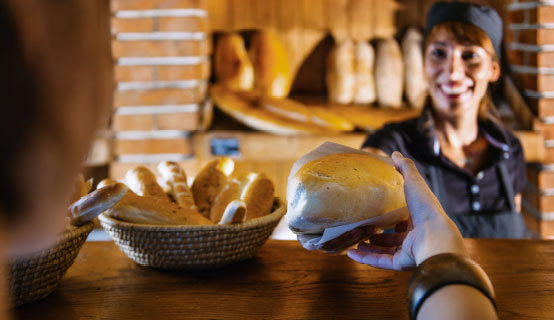
Rediseñamos las cajas del panettone Gourmet para facilitar la manipulación del producto.
Acompañamos al consumidor durante el confinamiento con varias actividades presenciales y virtuales.
Brindamos atención personalizada a nuestros clientes para cubrir sus necesidades y requerimientos de producto.

Ciberseguridad

Organizamos campañas de concientización para fortalecer las buenas prácticas sobre el uso de las tecnologías.
Reforzamos los niveles de ciberseguridad con nuevas tecnologías.

Transformación
Digital

Capacitamos a los empleados en atención al cliente y uso de paquetes informáticos.
Mejoramos la adaptabilidad y eficiencia del teletrabajo.
Desarrollamos iniciativas de automatización de procesos en la cadena productiva.
Promovimos el Programa de Fondos Concursables “Skill Up” junto con la ESPOCH.

Nuevos
modelos de entrega/negocio
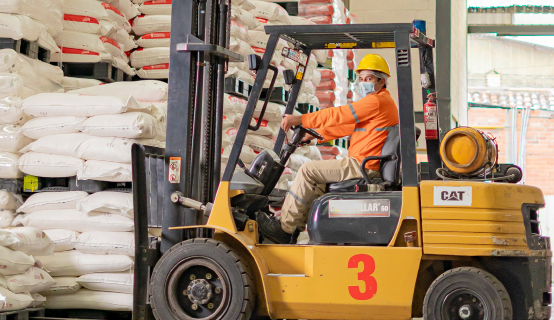
Distribuimos nuestros productos por diferentes canales para cubrir la demanda de los consumidores durante el confinamiento.
Apoyamos a los consumidores con nuestro carro de pan urbano para que adquirieran los productos sin una aplicación.
Creamos Canal Hogar como nuestro propio servicio a domicilio.

Eficiencia
energética

Redujimos el consumo de energía eléctrica con tres proyectos de Producción Más Limpia:
31,98 % al cambiar tubos fluorescentes por lámparas LED en Cajabamba.
20,61 % por eficiencia en el proceso de descarga de trigo en Cajabamba.
20,61 % por eficiencia en el proceso de descarga de trigo en Cajabamba.

Impacto
indirecto a comunidades
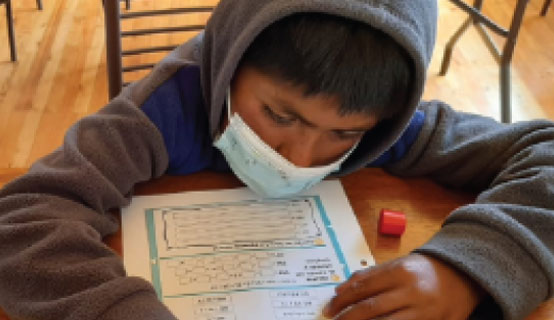
Apoyamos a las Fundaciones Cecilia Rivadeneira, El Rostro de Jesús, Fe y Alegría, Hogar Padre Saturnino López, Casa de la Caridad.
Beneficiamos a agricultores nacionales, al adquirir más de 2.300 toneladas de trigo.
Entregamos alimentos mediante fundaciones, y beneficiamos a 37 ciudades del país.

Huella de
carbono
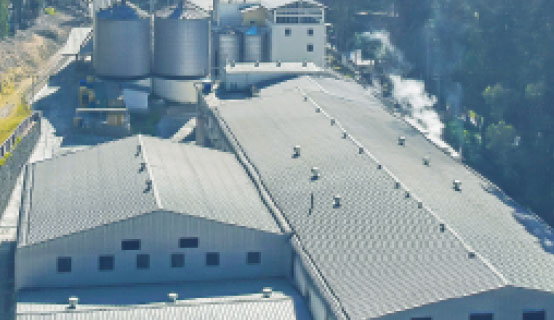
Identificamos actividades con mayor potencial de reducir emisiones GEI y planteamos estrategias, con el levantamiento de la línea base de la huella de carbono.
Renovamos el 77 % de nuestra flota a combustión por un leasing de montacargas eléctricos; así redujimos más de 23 toneladas de CO2 al año.

Productos
saludables
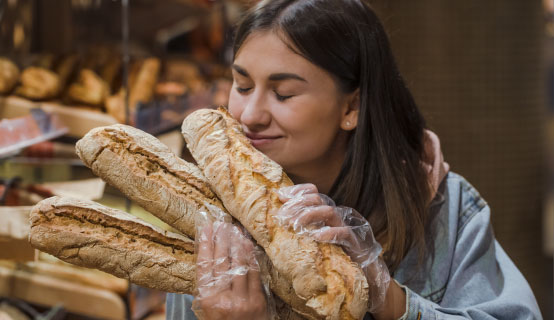
Introducimos al mercado YA Multisemillas, harina combinada con quinua, avena, centeno y linaza, un producto funcional con aportes nutricionales.
Creamos el nuevo pancake 100 % de avena para contribuir en la salud y nutrición de nuestros clientes y consumidores, con un producto de calidad.

Impacto
indirecto a clientes

Capacitamos a distribuidores en temas de calidad; buenas prácticas de almacenamiento, distribución y transporte; manejo de finanzas y estrategias de
marketing.
Apoyamos a clientes a mejorar sus estrategias de negocio, con Panaderías del barrio, Horneando por un sueño y Orgullosamente Panificador.

Nuevos
hábitos de consumo
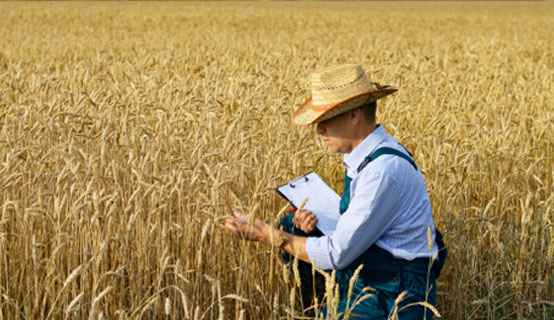
Producimos y comercializamos productos que se adapten a las nuevas necesidades de nuestros consumidores, tanto en presentación como en
beneficios.
Contamos con la certificación FSC (Forest Stewardship Council o Consejo de Administración Forestal, en español) en el 90 % de nuestros empaques de cartón.

Alianzas
Multiactoriales
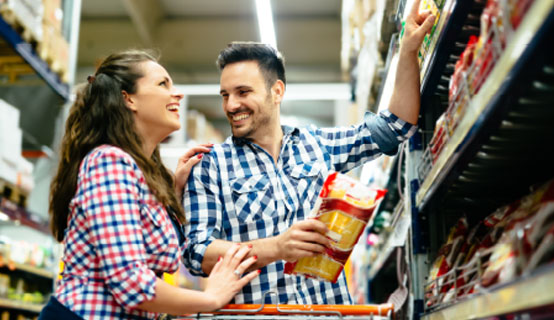
Generamos alianzas estratégicas para fortalecer la distribución y comercialización de nuestros productos.
Aportamos a pequeños negocios en Guayas, en alianza con la fundación Karla Morales.

